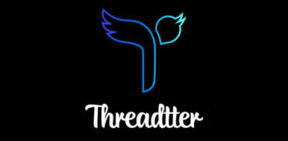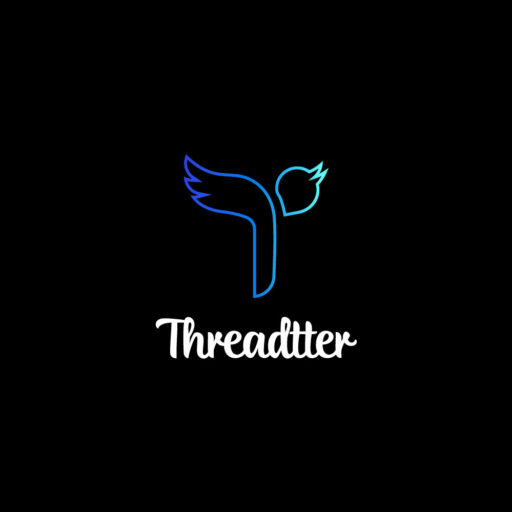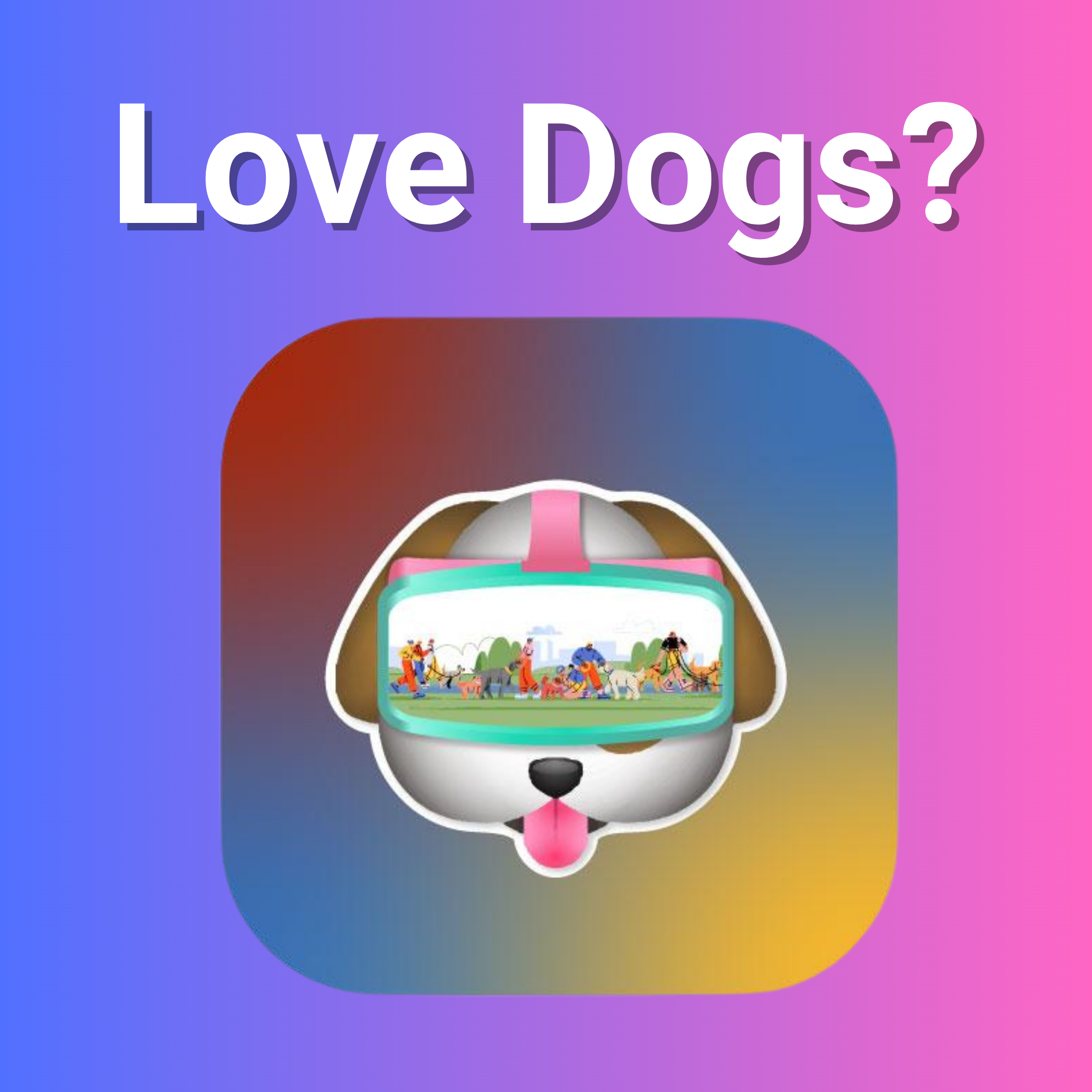Facebook, once the undisputed king of social media, now finds itself grappling with an identity crisis. While it revolutionized digital communication for Millennials and Gen X, Gen Z—the digital natives born between 1997 and 2012—largely view Facebook as a relic of the past. Mark Zuckerberg, ever the visionary, is determined to change that narrative. But can the platform that defined social networking reclaim its relevance with a generation that thrives on TikTok trends and Instagram Stories? This deep dive explores Zuckerberg’s ambitious strategies, the challenges ahead, and whether Facebook can truly reconnect with the generation that will define the future of digital interaction.
The Fall from Gen Z Grace
When Facebook launched in 2004, it was the place to be. By 2012, it had over 1 billion users, and its influence was unparalleled. It wasn’t just a social network; it was a cultural phenomenon, shaping how people connected, communicated, and consumed content. However, by the late 2010s, younger users began migrating to platforms that offered more dynamic, visually engaging content. TikTok, Snapchat, and Instagram—ironically owned by Facebook—captured Gen Z’s attention with short-form videos, ephemeral content, and creative tools.
Meta’s Right-Wing Shift: Is Zuckerberg Steering Social Media into Political Waters?
The shift wasn’t just about features; it was about culture. Gen Z values authenticity, creativity, and immediacy. Platforms like TikTok offer algorithm-driven content discovery that feels personalized and fresh, while Snapchat’s ephemeral messaging aligns with Gen Z’s desire for privacy and spontaneity. Facebook, with its newsfeed format and emphasis on text-based updates, began to feel outdated.
Gen Z Engagement Stats:
| Platform | Gen Z Active Users (2023) | Average Daily Time Spent |
| TikTok | 80% | 95 minutes |
| 72% | 53 minutes | |
| Snapchat | 67% | 48 minutes |
| 32% | 18 minutes |
These numbers paint a stark picture. While Facebook still boasts billions of users globally, its relevance among Gen Z is waning. The challenge for Zuckerberg is not just to stop the decline but to reverse it.
Zuckerberg’s Revival Blueprint
Recognizing the dwindling Gen Z engagement, Zuckerberg has embarked on a multi-pronged strategy to revitalize Facebook’s appeal. His approach is holistic, targeting content formats, creator support, technological innovation, and addressing long-standing privacy concerns. Here’s how he plans to win back the hearts (and screens) of the younger generation:
- Reels and Short-Form Video Domination
Meta has aggressively pushed Facebook Reels to compete with TikTok. Understanding that short-form video is the preferred medium for Gen Z, Meta has integrated Reels prominently within the Facebook app, making it easier for users to discover, create, and share bite-sized content. With over 140 billion Reels played daily across Facebook and Instagram, Zuckerberg is betting on short-form content to reignite interest.
Reels Growth Figures:
- Reels engagement on Facebook grew by 80% in 2023.
- Creators saw a 30% increase in monetization opportunities via Reels compared to traditional posts.
- Meta reports that Reels now account for over 20% of the time users spend on Instagram and Facebook combined.
- The success of Reels hinges not just on user engagement but also on the ability to attract creators who can produce compelling content. This leads to Zuckerberg’s next strategic pillar.
- Enhanced Creator Tools
To attract Gen Z creators, Facebook has introduced new monetization features, including in-app tipping, expanded ad revenue sharing, and NFT integration. These tools empower young influencers to build their brands directly on Facebook, offering them more ways to earn from their content.
Creator Economy Highlights:
- Over 10 million new creators joined Facebook in 2023.
- Meta allocated $1 billion to support emerging creators through grants and bonuses.
- Facebook’s Stars program, which allows fans to tip creators during live streams, saw a 50% increase in participation among Gen Z users.
- The focus on creators is crucial because Gen Z often follows personalities rather than platforms. By making Facebook a viable platform for influencer growth and income, Zuckerberg hopes to lure both creators and their audiences back to the platform.
- Gamification and AR Experiences
Facebook is incorporating Augmented Reality (AR) features and interactive games within the app, aligning with Gen Z’s love for immersive experiences. The introduction of AR filters, mini-games, and interactive storytelling tools aims to keep younger users engaged.
AR & Gaming Impact:
- AR filter usage surged by 50% among Gen Z users in 2023.
- In-app gaming sessions increased by 35% year-over-year.
- Facebook’s AR Studio now hosts over 1 million custom filters created by users and developers.
- By integrating AR and gamification, Facebook is attempting to transform from a static social network into a dynamic, interactive platform that resonates with Gen Z’s digital habits.
- Focus on Privacy and Mental Health
One of Gen Z’s biggest criticisms of Facebook is its track record on privacy and mental health. The Cambridge Analytica scandal and subsequent data breaches have left a lasting scar on Facebook’s reputation. To address these concerns, Zuckerberg has introduced more transparent data practices, enhanced privacy controls, and tools to manage screen time and reduce digital fatigue.
Privacy & Well-being Metrics:
- 65% of Gen Z users reported feeling more in control of their data in 2023.
- The introduction of “Quiet Mode” led to a 20% reduction in daily screen time for young users.
- Facebook’s new “Data Transparency Dashboard” allows users to see exactly how their data is being used, contributing to a 30% increase in user trust ratings.
- Addressing privacy and mental health isn’t just about compliance; it’s about rebuilding trust with a generation that values transparency and ethical business practices.
Meta’s Cost-Cutting Moves: What Zuckerberg’s Layoffs and DEI Cuts Mean for the Future
Challenges Ahead
Despite these initiatives, Facebook’s revival faces significant hurdles:
- Brand Perception
Facebook’s association with older generations and its role in various privacy scandals make it difficult to shake off its “boomer platform” image. Rebranding efforts may take years to resonate authentically with Gen Z. Even with new features, the stigma attached to Facebook as a platform for parents and grandparents remains a formidable obstacle. - Competition from Nimbler Platforms
TikTok’s algorithm-driven content discovery and Snapchat’s ephemeral messaging remain dominant. These platforms continually evolve, introducing new features and trends that keep users engaged. Facebook, with its vast infrastructure and legacy systems, often finds itself in a reactive position, struggling to keep pace with the rapid innovation of its competitors. - Regulatory Scrutiny
Ongoing investigations into Meta’s business practices could limit its ability to innovate freely. Stricter regulations might stifle some of the very features designed to appeal to younger audiences. For example, new data privacy laws could limit personalized content recommendations, a key driver of engagement on platforms like TikTok.
Buckle Up! – Why Mark Zuckerberg Thinks 2025 Will Be a Crazy Year for Meta
Can Zuckerberg Pull It Off?
Zuckerberg’s relentless drive and Meta’s vast resources give Facebook a fighting chance. The integration of cutting-edge features like AR, robust creator tools, and a renewed focus on privacy could shift perceptions. However, winning back Gen Z requires more than technological advancements—it demands cultural relevance and authenticity, areas where Facebook still lags.
Expert Opinions:
- Emily Weinstein, a researcher at Harvard’s Project Zero, notes, “Gen Z craves authenticity and creative freedom. Platforms that foster these values will naturally attract their attention.”
- Sarah Frier, author of No Filter, adds, “Facebook’s challenge isn’t just about features—it’s about reshaping its identity in a way that feels genuine to younger users.”
Future Outlook:
| Year | Projected Gen Z Engagement |
| 2023 | 32% |
| 2025 (Goal) | 50% |
| 2030 (Goal) | 65% |
These projections are ambitious, but they highlight Zuckerberg’s commitment to making Facebook relevant again. Whether these efforts will pay off remains to be seen.
Conclusion
The question isn’t just whether Zuckerberg can make Facebook cool again—it’s whether he can make it essential. As the social media landscape continues to evolve, only time will tell if the OG platform can reclaim its throne with the generation that holds the future in their hands. Zuckerberg’s gamble is bold, but if history has taught us anything, it’s that he rarely bets without a plan.


